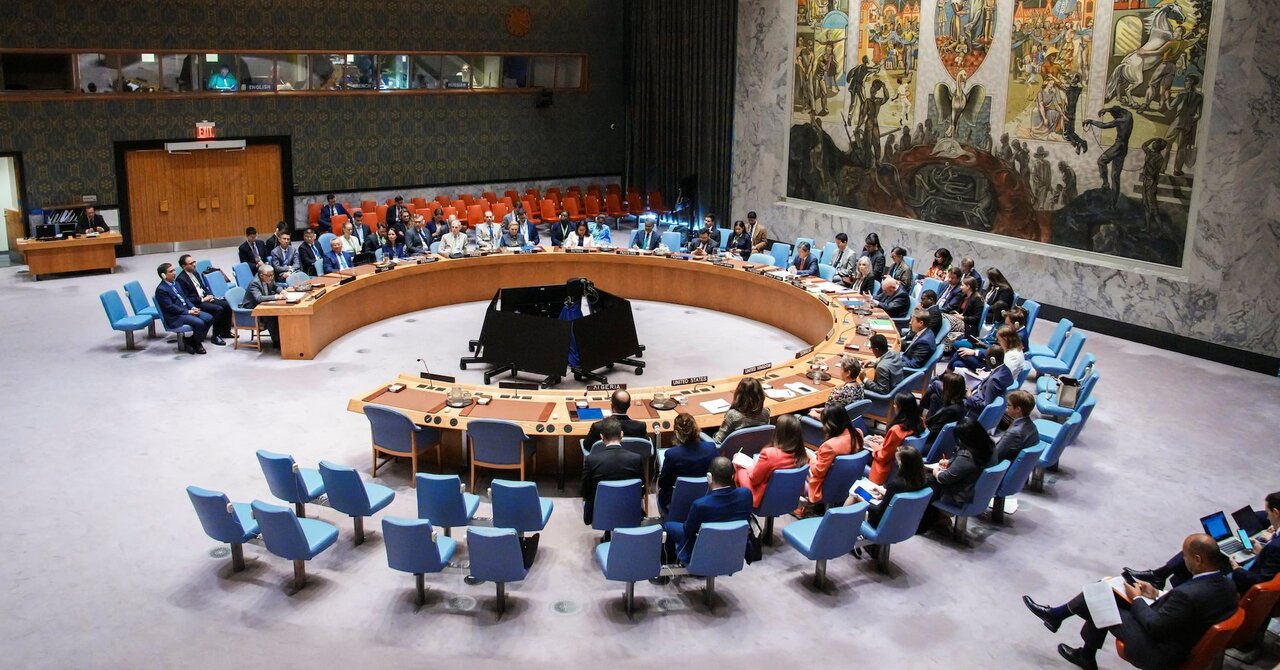Last chance for diplomacy
A China-Russia resolution could prevent a dramatic Iran-West escalation as Tehran attempts to address illogical demands

THERAN – The United Nations Security Council on Friday, was preparing to vote on a resolution put forth by China and Russia, calling for the extension of UN sanctions relief for Iran, sanctions that E3 (Germany, Britain, and France) began a process to reinstate in late August.
The embargoes were lifted in 2015 under the Joint Comprehensive Plan of Action (JCOPA), a deal between Iran, E3, China, Russia and the United States that limited Iran’s nuclear activities in exchange for sanctions relief. The agreement which came after years of diplomatic endeavors, however, did not remain in effect for long as Washington withdrew in 2018 and began to straddle Iran economically. European signatories to the deal did not pull out, but began to scrap their commitments like the United States. Iranians too, started to scale back on some of their JCPOA promises one-and-a-half years after it was basically dismantled by the West.
The 2015 pact included a clause, unofficially known as the 'snapback' mechanism, which allowed any party to reinstate UN sanctions against Iran if they deemed the country non-compliant. Europe’s decision to trigger the process to reinstate these anti-Iran UN sanctions drew the ire of Iranians, who argue that the Europeans lack the right to do so, citing their own failure to uphold their commitments and their support for the U.S.-Israeli strikes in June that targeted Iran's nuclear facilities. The snapback provision was set to expire in October.
This week, Iran and representatives from Germany, France, and the UK held multiple meetings on the sidelines of the UN General Assembly to explore the possibility of sanctions relief. Throughout these talks, Europe consistently pushed a narrative of intransigence on Tehran's part. However, a review of past months' snapback-related negotiations reveals a history of good faith and diplomatic efforts demonstrated by Iran. A recent admission by French President Emanuel Macron, who told Israeli media that Iranian Foreign Minister Abbas Araghchi had presented Europeans with a "reasonable" offer that they ultimately rejected, further illustrates the E3's apparent preference for escalation over a genuine diplomatic solution. The excuses Macron provided for the rejection did not make much sense.
It appears that Europe's primary concern is ensuring that Iran complies with their demands, demands that are considered illogical, unacceptable, and U.S.-provided not only by Iranians but also by observers and analysts. Europe is particularly keen on Iran entering "direct" talks with Washington regarding its nuclear program, despite the United States and Israel having attacked Iran amidst ongoing negotiations, just days before the planned sixth round.
Iran has, however, addressed two other demands. Europe sought the return of IAEA inspectors to the country after Iran suspended cooperation with the UN nuclear watchdog following attacks on its nuclear sites. Iran facilitated this through an agreement signed with the IAEA in Cairo earlier this month. Regarding the country's stockpile of over 400 kilograms of enriched uranium, Iran agreed to a creative solution proposed by a friendly nation, The Tehran Times understands. This involved temporarily moving a portion of the material out of the country as a trust-building measure, a pragmatic approach that would resolve a key sticking point. Europe, however, will dump both these breakthroughs if it fails to secure the passing of the China-Russia resolution. Some Iranian officials have called for more dramatic steps, like leaving the Non-Proliferation Treaty (NPT), or building nuclear weapons.
Before the voting, Araghchi said in a post on X that Iran “has put forward multiple proposals to keep the window for diplomacy open.” He added, however, that the E3 “has failed to reciprocate” while the U.S. “has doubled down on its dictates.”
“In the face of this apparent E3-U.S. policy of escalation, Iran urges Council members to act responsibly and stand on the right side of history by supporting diplomacy, justice and international law.” the top diplomat added.
Leave a Comment